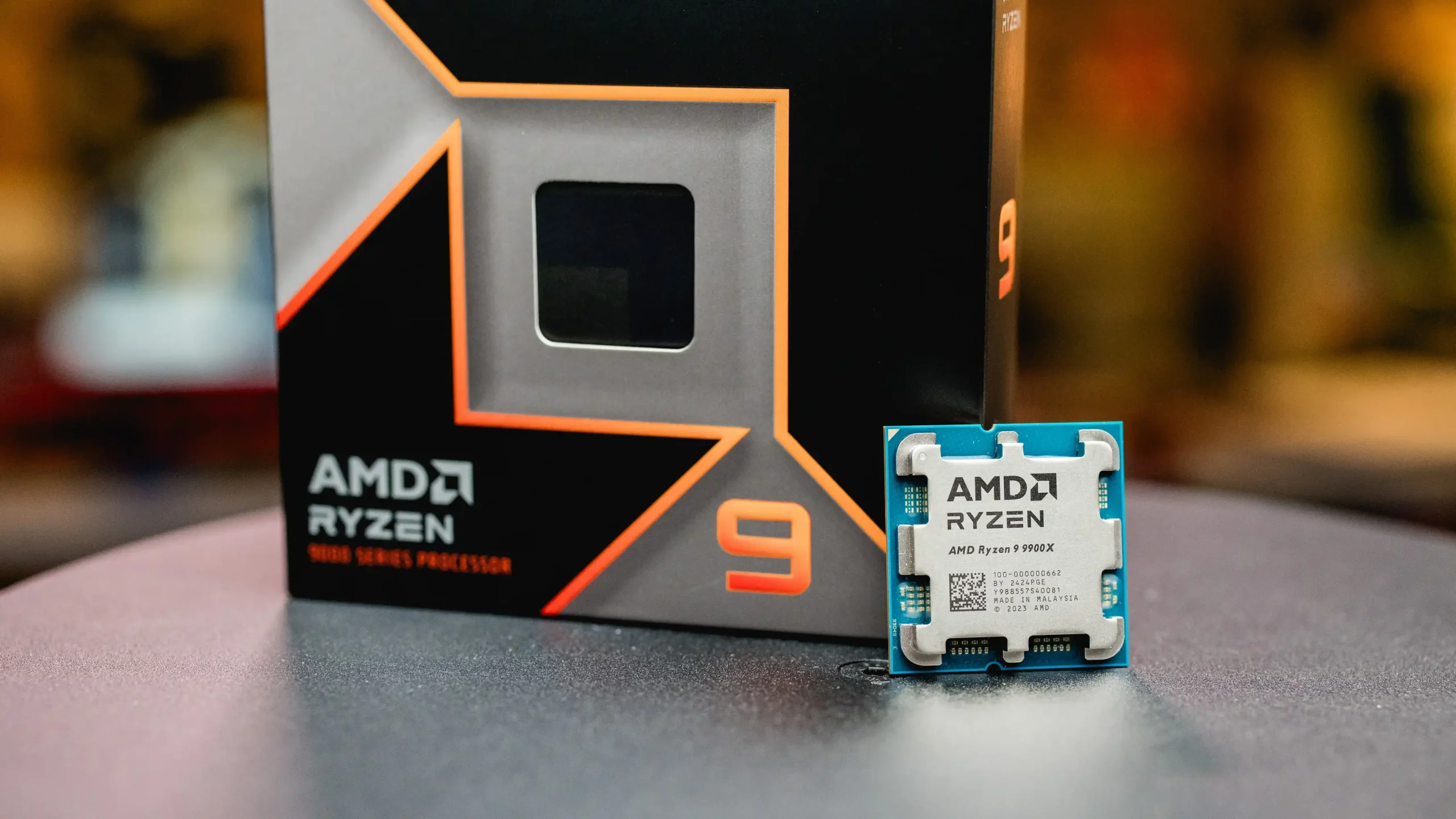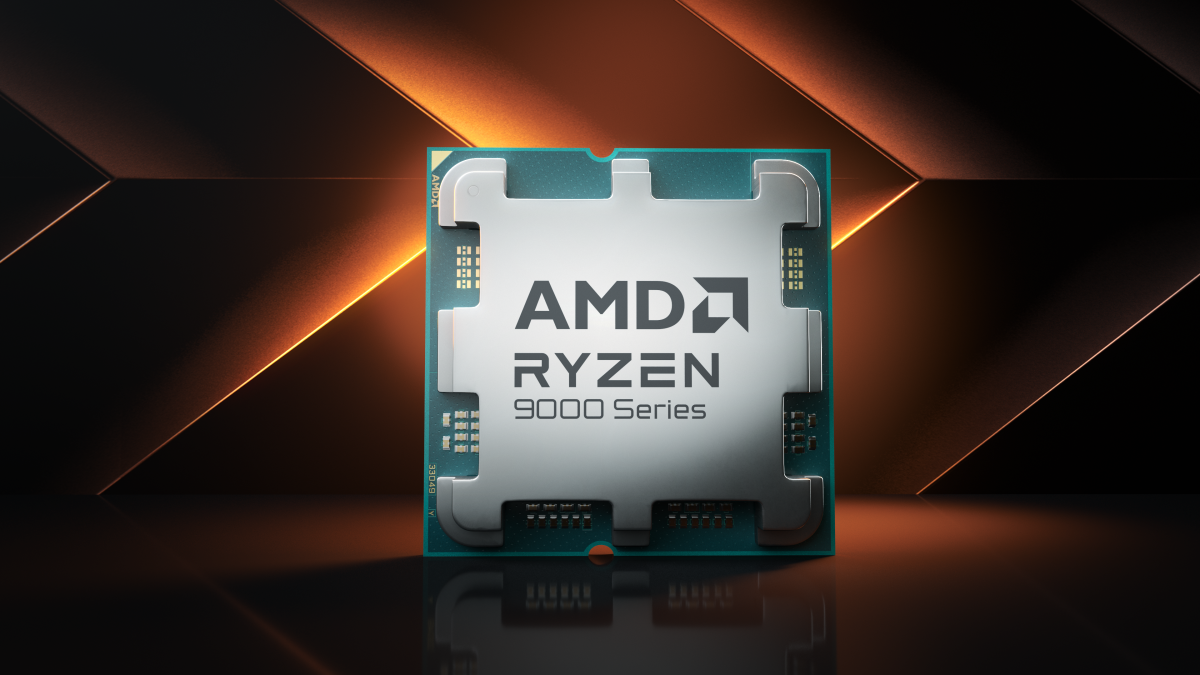AMD’s launch of the Ryzen 9000-series processors marked the debut of their Zen 5 CPU architecture for desktops. However, early reviews revealed performance issues where the new processors did not consistently meet AMD’s performance promises. Despite AMD’s efforts, these issues were not fully resolved before the public release of the CPUs.
AMD has since addressed these concerns, explaining that a major factor affecting performance is related to Windows. The company has announced that the Windows 11 24H2 update, set to release later this year, will include optimized branch prediction code specifically designed for AMD processors.
This update is expected to improve Ryzen 9000-series performance by 3 to 13 percent in various games and benchmarks, with the most substantial gains for the new Ryzen 9000 and Zen 5 CPUs.
The branch prediction code improvements are already present in current Windows builds when running games and applications in Administrator mode. However, it remains unclear whether the tests conducted by AMD used Administrator mode from a standard user account or a true Administrator account, which is atypical as most users do not operate games with such elevated privileges.

The 24H2 update is anticipated to make these performance improvements available to standard user accounts.
The Windows 11 24H2 update will be available to the general public this fall, although Windows Insiders can access it sooner. This update is already the default on some new PCs, suggesting it will be stable and ready for everyday use. There is no current information on whether similar updates will be provided for Windows 10, which is nearing its end of support and unlikely to receive significant performance enhancements.
In addition to the Windows update, AMD has identified issues with its chipset drivers affecting performance. The drivers for the Ryzen 7900X3D and 7950X3D models feature a “core parking” function that optimizes core usage for single-core performance.
This feature, however, appears to be affecting other Ryzen 9000 CPUs inadvertently, and AMD plans to address this with future driver updates. There is no specific timeline for these fixes yet.
Moreover, AMD has pointed out that BIOS settings and varying review conditions could also contribute to performance discrepancies. They recommended adjusting SoC voltage and Infinity Fabric clock speeds when using DDR5-6000 memory, which might be influenced by specific motherboard setups.
AMD’s testing procedures, including Virtualization-Based Security and default power settings, differ from those used by many reviewers, which may also impact performance results. Future reviews will involve additional testing to ensure accuracy and consistency with real-world usage.







Leave a Reply